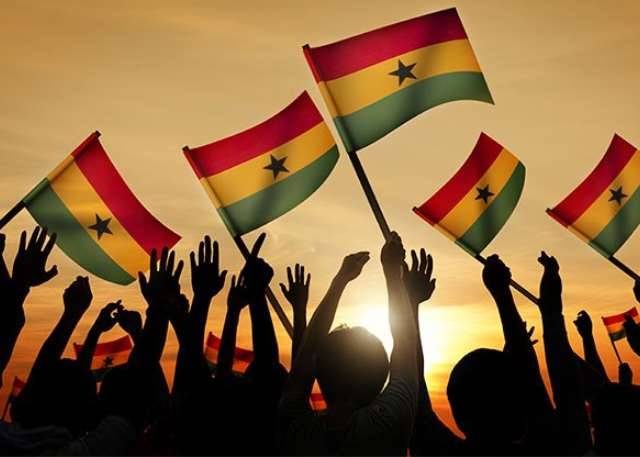 The History of Ghana: A Journey Through Tradition and Heritage
The History of Ghana: A Journey Through Tradition and Heritage
The country called Ghana is rich in culture and tradition, with a history that stretches back thousands of years. Its culture reflects the diverse ethnic groups, languages, music, art, and social practices that have shaped the nation. From ancient kingdoms like Ashanti and Bono to modern day festivals, Ghanaian culture is a story of resilience, creativity, and community.
Pre History Ghanaian Culture
Long before colonial times, Ghana was home to powerful kingdoms such as Ghana Empire (in West Africa), Ashanti, and Mole-Dagbon. These societies developed strong political systems, rich oral traditions, and unique art forms.
• Oral Tradition: Storytelling was central, passing down history, morals, and customs through generations using songs, proverbs, and folktales.
• Traditional Art and Craft: Ghanaian artisans produced intricate wood carvings, pottery, and Kente cloth, a textile that remains a symbol of identity and prestige.
Festivals and Ceremonies
Ghanaian culture is also expressed through vibrant festivals and ceremonies. These events celebrate historical events, harvests, and spiritual beliefs:
• Homowo (Ga people), marks the end of famine and celebrates abundance.
• Aboakyir (Effutu people), a deer-hunting festival that honors community bravery.
• Odwira (Akans), a cleansing ceremony to honor ancestors and unify communities.
Festivals are accompanied by music, dance, and traditional drumming, reinforcing community values and cultural pride.
Music and Dance
Music is a vital part of Ghanaian life. Traditional music like highlife, kpalongo, and drumming ensembles reflect social events, history, and daily life. Dance is equally important, often performed during festivals, rites of passage, and social gatherings. Each ethnic group has its own unique rhythms and movements.
Influence of Colonization and Modernization
European colonization introduced new religions, languages, and trade systems that influenced Ghanaian culture. Christianity, Islam, and Western education blended with traditional beliefs to create a unique cultural mix.
Modern Ghanaian culture balances tradition with contemporary influences. Today, fashion, music, and film showcase both local heritage and global trends, while people continue to honor ancestral customs.
Benefits of Preserving Ghanaian Culture
Preserving culture is essential for identity, unity, and education. Ghanaian traditions teach respect, community values, and creativity. They also attract tourism, strengthen national pride, and provide inspiration for modern art, music, and business.
The history of Ghanaian culture is a journey of diversity, resilience, and creativity. From ancient kingdoms to vibrant festivals and traditional art, Ghana’s cultural heritage continues to shape the lives of its people. Understanding and celebrating this culture ensures that future generations remain connected to their roots while embracing modern progress.



